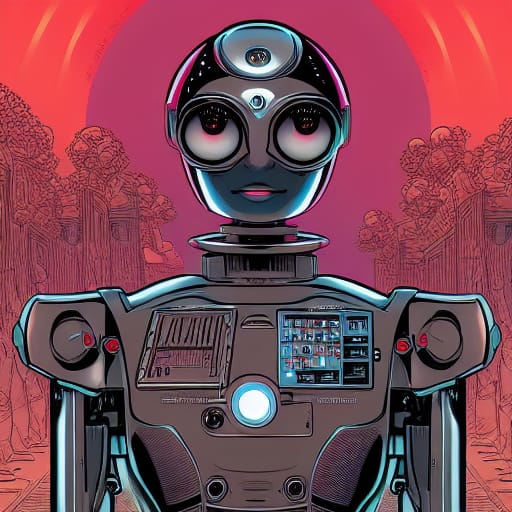In 2017, I wrote:I find myself being more diligent taking notes and then distilling knowledge from my notes into articles for others. I used to be able to complete tasks serially, more or less. Occasionally, I noticed that follow-on tasks were hard to accomplish, because I couldn’t remember what I was thinking originally. So I tended to capture essential (summary and instructional) information into README, comments in code, and docs. I never really took detailed notes to log my step-by-step activities until recently. I started doing this logging, because I find myself multi-tasking and distracted so much by so many concurrent activities, I can hardly focus on getting anything done. The context-switching was so frustrating, and I didn’t have enough stack space in my head to keep anything straight. So now I’m employing some rudimentary techniques to apply computer-assistance by just taking notes. That is why my mind wanders to the topic of personal assistants in the workplace as being the next frontier. Personal Assistants
The Loretta superbowl ad by Google was a very compelling story about the benefits of memory assistance if the human-computer interface is frictionless enough to integrate into normal experience.
Google’s commercial was extremely compelling, except that Google is failing to see how to apply its foresight into its products (Android, Keep) to enable quickly clipping ANY content while using ANY app to save as notes, and then applying machine intelligence and analytics to provide reminders and personal assistance based on computed insights.
The reason I was trying to recall the notes-related insight was actually because I’ve been finding myself buried in unrelated tasks and things to do coming from so many directions every day, it’s hard to keep track of what and when. The obvious solution is to use some kind of task reminder application. The problem with those is that I have to take time out of what I’m doing to go into such an app and create a task, which is distracting and time consuming in itself. What I really want is while I’m in any other application, whether I am reading email, reading Slack messages, attending a Zoom meeting, working a JIRA issue, responding to PagerDuty, writing on Confluence, reviewing code in GitLab, or literally anything, I want a one-click mechanism to “remember this”, so that an app will keep a note, maybe translate it into a task on my to-do list, remind me later if necessary, help me prioritize, and help me remember things. It is the one-click action in the context of the application that I’m already working in that is the key feature to interface to all these other personal assistance capabilities.
Android does support highlighting content and using Share to Keep Notes. However, this does prompt for additional information, and it creates a new Keep document. This is close, but not sufficient. From a user experience perspective, it is fine to highlight and share, but the aim should be to “remember this” without prompting for anything more so that focus is not taken away from the original context.
The app for keeping notes should be light weight. Notes should be more like items on a list, timestamped, and available for subsequent labelling, re-organization, searching, and use (integration with related apps like for task management). It needs to be a clipboard with unlimited history, so that snippets of information can be remembered on the fly for later review, classification, and movement to other applications. Life is a stream of notable events, many of which we want to queue for later recall in a different context, as we are preoccupied with what we are busy with in the moment.
The idea of a personal assistant is that without the user needing to click at each moment to clip something at each interesting moment, an agent can shadow the user’s activity and automatically track what is attracting the user’s attention. It can keep a history of bookmarks and actions across applications based on the user’s activity. Later, this record will help to answer questions about what the user had done earlier and what information was encountered. An assistant would ensure that everything is committed to memory continually without interrupting the user’s normal flow of work. When the user does highlight and share, it indicates something of particular interest that becomes a priority.
Having a recorded history of work can then be analyzed to document procedures, teach others the same workflow, and automate procedures for repeatability. Repetitive tasks are a machine’s specialty. Reducing tedium is what mechanization is meant for.
